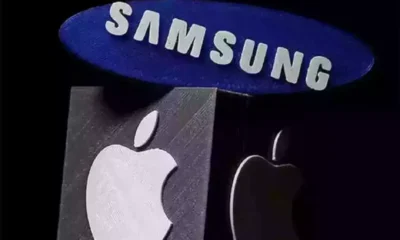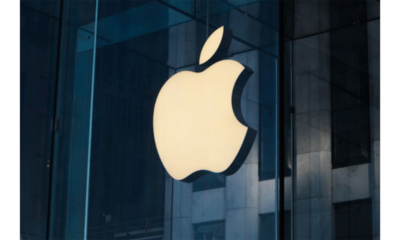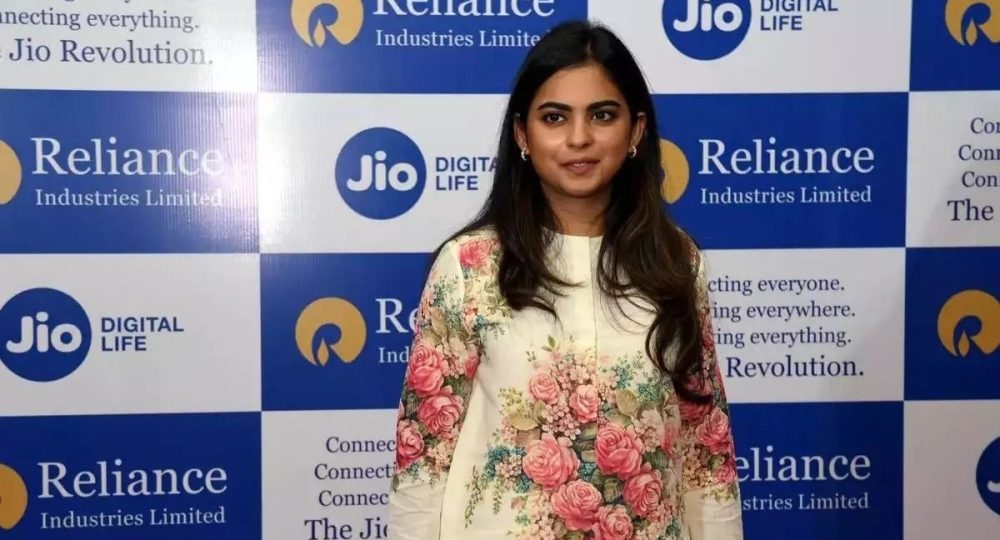Tech
AIMRA accuses Apple India of retail favoritism, iPhone 15 Pro cashback sparks outrage

The Daily Guardian is now on Telegram. Click here to join our channel (@thedailyguardian) and stay updated with the latest headlines.
For the latest news Download The Daily Guardian App.
Education
Techno India partners with Google Cloud to advance Digital Education
Tech
Apple under spotlight as OpenAI, Google raise AI standards
Business
Government e-marketplace records strong start in new fiscal with INR 8.57 lakh cr GMV
Education
Isha Ambani urges more Girls in STEM for India’s shine
Tech
Google I/O 2024: Gemini AI enhancements challenge OpenAI’s ChatGPT
Tech
AI Adoption Soars: Doubled users in 6 months, 75% of Global knowledge workers
-

 Opinion2 years ago
Opinion2 years agoPakistan-China nexus trying to sow doubts in Indian society about governance systems
-

 Entertainment7 years ago
Entertainment7 years agoThe final 6 ‘Game of Thrones’ episodes might feel like a full season
-

 Fashion7 years ago
Fashion7 years agoThese ’90s fashion trends are making a comeback in 2017
-

 Entertainment7 years ago
Entertainment7 years agoThe old and New Edition cast comes together to perform
-

 Opinion2 years ago
Opinion2 years agoEnvironment day with a missing spring and lost souls
-

 Politics7 years ago
Politics7 years agoIllinois’ financial crisis could bring the state to a halt
-

 Entertainment7 years ago
Entertainment7 years agoNew Season 8 Walking Dead trailer flashes forward in time
-

 Entertainment7 years ago
Entertainment7 years agoMod turns ‘Counter-Strike’ into a ‘Tekken’ clone with fighting chickens




















